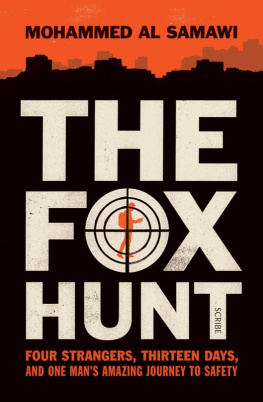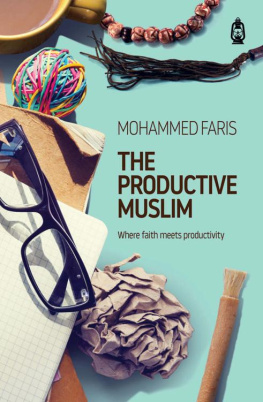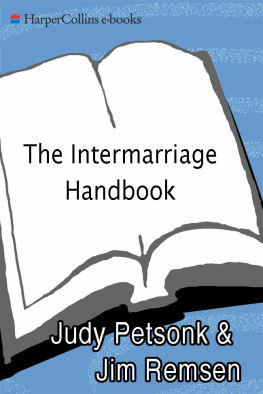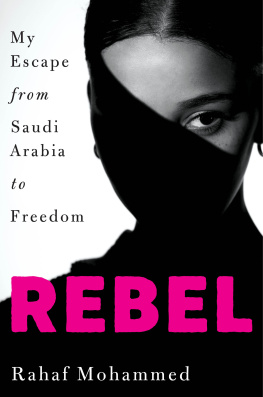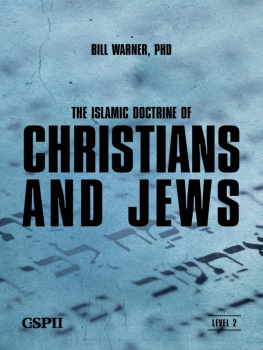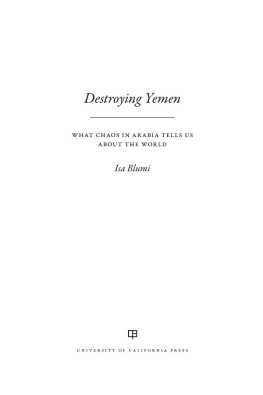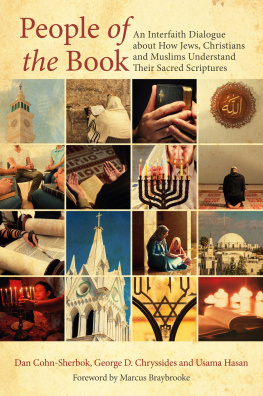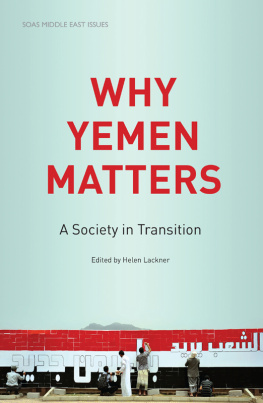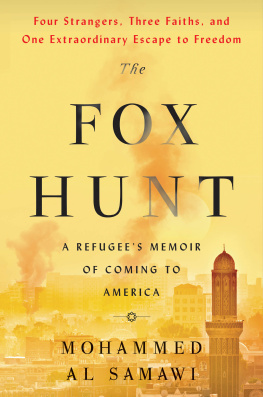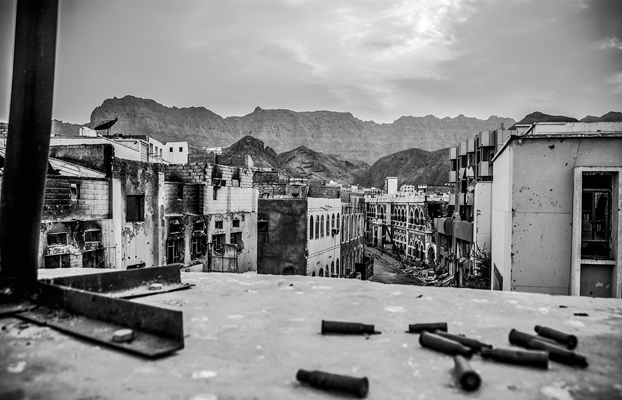
Aden, March 2015
Karam Kamal
I counted my steps. Three to get from the door to the wall; two between the toilet and the mirror. My new apartment in Aden was big for one person, but I hadnt planned on taking refuge in its bathroom. The gray-green light from the single fluorescent bulb scattered off the mirror, blanching the walls, the ceiling, the floor. It had nowhere to go.
Trapped.
My eyes, red-rimmed and shot through with blood, had been hollowed by sleeplessness and stress. Theyd retreated, withdrawn from the front lines, as if unwilling to watch Yemen tear itself apart. Rubble-strewn streets; soldiers and citizens shouting and firing weapons; social media emblazoned with the slogans God is great! Death to America! Death to Israel! Damn the Jews! Victory to Islam!
The power shut off. I glanced at my phone and tried to calm myself by taking inventory.
It was March 22, 2015. Seven days earlier Id fled my home in Sanaa, Yemens official capital city, to escape the threats on my life and the violence of the earliest days of what was now a full-on civil war. On one side was President Abdrabbuh Mansour Hadi and the loyalist forces; on the other were the opposition forces, the Houthis and their Supreme Revolutionary Committee, backed by the former president Ali Abdullah Saleh.
I thought I was running toward safety, but the violence followed me.
First went the airport from which Id departed, seized by the Houthis. Then came fighting between the Hadi loyalists and the Houthi rebels at the airport here in Aden. Would the bombing spread from there? Everyone prayed that the conflict would die down, but the fight was only just beginning. Was Yemen, the poorest nation in the region, about to become the battleground of a well-funded proxy war between Iran and Saudi Arabia?
Whispers flew from door to door. Iran, a Shia nation, was said to be funneling weapons to its fellow Shias, the rebels from the norththe Houthis. Meanwhile, Saudi Arabia, a Sunni nation, was supposedly backing President Hadi, a fellow Sunni. To make matters worse, the Sunni network extended to Al Qaeda in the Arabian Peninsula (AQAP) and the Islamic State of Iraq and the Levant (ISIL), both of which had started to claim control of various parts of Yemen. The Sunni-Shia balance of power in Yemen could help tip the Middle East in one direction or another; all these different groups with only the loosest affiliations seemed willing to unite in order to move that needle.
From my window, I watched as fighters patrolled the streets. There were only two roads out of the city, and both went around the airport, which was one of the centers of the battle; it didnt look like I could escape using either of them. The situation was delicate for everyone, and downright deadly for anyone with ties to Israel, Jews, or interfaith activism. I had all three.
As a peace activist who promoted understanding between Jews, Christians, and Muslims, Id been targeted before. But this was different. This was worse.
If anyone were to find out who I was, where I was from, or what Id been doing for the last several years...
Capture.
Torture.
Execution.
How much longer could I survive on little more than adrenaline and intermittent Internet and cellular connectivity?
I shut my eyes and rested both hands on the sink. My forehead touched the mirror and slipped down the glass in its own sweat. I ran my tongue across my cracked lips, resisting the urge to tear at the loose flesh with my teeth. My stomach roiled from hunger and worry.
A faint pop of gunfire pulled me back up.
I planted my bare feet on the tile floor and wondered if the impact of a shell could work its way up from the street to my fourth-floor apartment.
I hurried out of the bathroom back to the window, pressed my body against the wall, and peered around a small gap between the drawn curtains. The power lines formed a messy web. Just down the block, two men stood watch at what looked like an AQAP checkpoint. Their black shemaghs hid their faces. The wind wrapped their white robes around the bandoliers crossing their chests; dust devils danced at their feet. Their rifle barrels pointed skyward.
Why did I put myself in this situation? I thought to myself. Why did I leave my home in Sanaa?
Ana hemar. I am a donkey.
I wished that I was with my sisters, safe in my room, watching an old Hollywood movie. The good guys would win. The problem was that here, under so many layers of dirt and blood, the good and the bad were sometimes indistinguishable. Publicly, each group made righteous claims, but behind the scenes they were united by violence. The Houthis, the so-called rebels from the north, were heroes to some, terrorists to others. The Al Qaeda fighters, the foot soldiers from the south, had their own supporters, their own enemies. Good, bad. Right, left. Nothing was as it seemed.
What would happen when the two armies met? The Houthis had just taken Taiz, the third-largest city in the country, a strategic stronghold between the north and the south. They were only about 100 miles away now, readying for a military offensive, marching straight toward Aden. Right toward me.
With my eyes shut and my jaw clenched, I heard rather than saw the flicker of lights coming back on. Was this a sign from God? I couldnt waste much time considering. Electricity was a scarce and valuable commodity.
In the living area, I crouched in front of my now charging laptop. My cell phone sat in the kitchen plugged in.
I checked Facebook. I refreshed Twitter. I scanned Al-Masdar News. Everyone knew it was a mouthpiece for the al-Islah party, the Islamists, but they were the only ones directly reporting from the ground. Them and a freelance American journalist named Adam Baron. The state-controlled channels were useless. As far as they were concerned, there was no war, and no one was dying.
Overwhelmed by fear and facts, I shut my laptop. Scanning the apartment, I spotted my remaining foodstuffs. The few bottles of water, juice, bars of chocolate, cans of tuna, and packets of cookies and chips were all that remained.
My stomach groaned against my ribs. Hunger and thirst. The water that spurted from the faucets wasnt potable. With nothing else to do, I reopened my computer, the safest window to the outside world.
I checked my messages. Nothing. Id spent the day in front of my laptop, curled like a shrimp over its screen. Id scrolled through my recent calls, my emails, my Facebook friends, and sent messages to everyone I could think of. Help me. Please. But no one knew what to do. People needed to save themselves, their families. No one was willing to drive a car through a war zone to save a strangeror a friend. People sent their regrets, their prayers. I appreciated the sentiment, but I couldnt fly away on a prayer.
I needed to get out.
Right before midnight, I sent one more message.
* * *
Packets of data flew through a network of networks. They bounced from one router to another until they reached their destination. Within a matter of seconds they reassembled halfway around the world.
MOHAMMED AL SAMAWI: Daniel, I hope everything is great in your side!

![Al Samawi The fox hunt [Release date Apr. 10, 2018]: a refugees memoir of coming to America](/uploads/posts/book/163988/thumbs/al-samawi-the-fox-hunt-release-date-apr-10.jpg)
